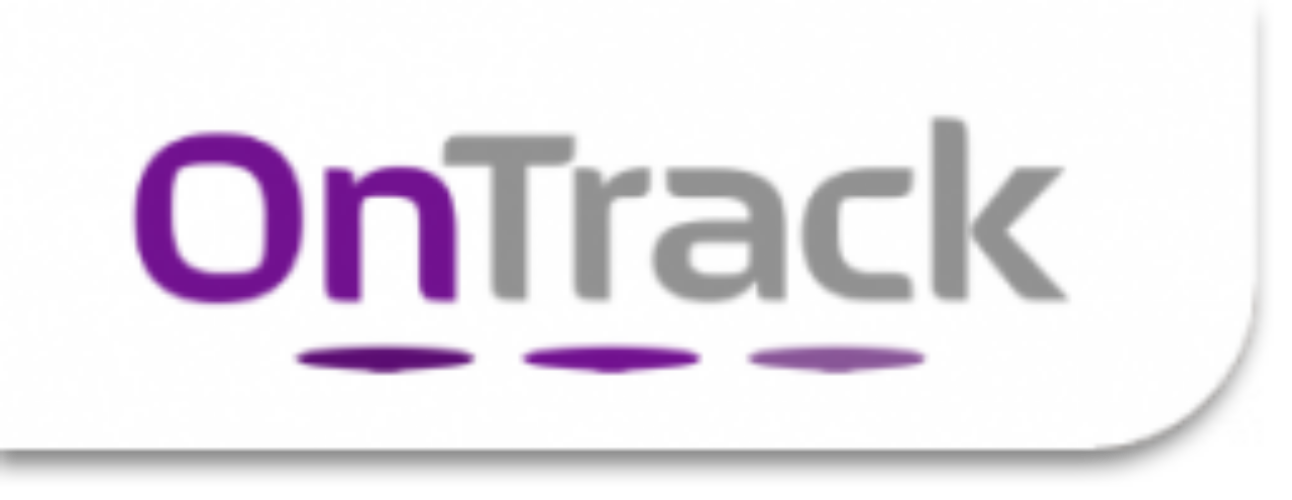What is Verbal Behavioural Intelligence?

Verbal Behavioural Intelligence (VBI) is a framework for analysing how people communicate verbally in the workplace, what they do well and how they can improve. In short, it is the science of verbal communication.
The thinking behind VBI was born in the 1980s after a major airline carried out a four-year study while simultaneously overhauling its approach to leadership and customer service.
While they were looking at the attributes of both great leaders and team players within their business, they analysed various behaviours. They began to focus on how they communicated, specifically what the great communicators were doing that others were not. They identified those specific behaviours and created a framework to identify them.
We have since adopted these insights and developed VBI, a tool that we use in many of our training programmes for managers and leaders in some of the leading companies globally, including financial services, aviation, and technology.
How can it support workplace training and development?
VBI (Verbal Behavioural Intelligence) allows employers to analyse employee’s behaviour and skill sets – particularly communication – to inform their training and development.
It is a tool to help employees at any level become better at communicating, engaging, building their presence, developing relationships, getting points across and bringing others in to get the best use of the team.
If key individuals in the business display these skill sets, that can multiply and create an impact across the organisation.
Why is it needed? What problem does it solve?
We have all worked with people who are great communicators, and equally, we have worked with those who are not. Workplace communications can be challenging for many who are otherwise high performers at all other aspects of their job. It is human nature to judge ourselves by our intentions, but others on their actions. Sometimes the reality is different from perception and intention.
People often refer to verbal communication as a “soft skill” suggesting, perhaps, that it is not as important as a technical or professional skillset. In truth, it impacts the business culture and performance, particularly when it comes to management and leadership. It is often hard to pinpoint what makes a great leader or communicator and how to develop the skills needed to become one.
Developing this Verbal Behavioural Intelligence framework helps approach this challenge methodically and analytically.
So, what does the Verbal Behavioural Intelligence framework analyse?

The Verbal Behavioural Intelligence framework delineates 14 verbal behaviours grouped into four principal categories.
- The “Initiating” category, for instance, encompasses behaviours like “Structuring,” which guides a discussion, and “Proposing,” which introduces a new idea.
- In the “Reacting” category, behaviours range from “Supporting,” showing agreement with another idea, to “Defending/Attacking,” which may involve challenging or defending a standpoint with emotional tones.
- “Clarifying” behaviours, on the other hand, aim to refine understanding, such as “Testing Understanding” which verifies one’s grasp of a previous statement.
- Last, the “Control” behaviours include actions like “Shutting Out,” where one might interrupt another participant, and “Bringing In,” a conscious effort to engage another member in a group setting.
How does OnTrack International use Verbal Behavioural Intelligence in practice?
We take a hands-on approach to our application of Verbal Behavioural Intelligence (VBI). Typically, we would hold several sessions with our clients to analyse group behaviour in a typical work situation, such as a board meeting, team meeting or group discussion.
Using our framework, we observe who did what. What category did they demonstrate? Which behaviours did they display? Once we have a good insight, we can work through our observations with everyone and provide data for the individuals and the group.
We will encourage people to consider how they can come across in the eyes of others. Would being on the receiving end of blocking or disagreeing behaviour be unpleasant or helpful? The answer partly depends on the context, of course. If holding a blue-sky thinking session, structuring may be less applicable. If preparing a company spokesperson for a media interview, challenging might be what is needed. The point is more about how different behaviours can come across to others.
Is VBI just aimed at leadership?
Leadership training and development is often one of the most neglected parts of an organisation, yet one that can have the most impact on workplace culture and success.
Great leaders must communicate effectively, whether bringing team members in or taking responsibility for mistakes. All this builds trust and relationships.
However, these skills are applicable across the workforce. Just think about the amount of time that employees spend in meetings. By improving verbal communication, we can help meetings become more productive, efficient, and ultimately cost-effective.
Get in touch if you would like to have a conversation about how your organisation can adopt Verbal Behavioural Intelligence.
OnTrack International frequently helps organisations overcome complex behavioural challenges using a people development solution to deliver business results now, and to develop employees to maintain the results long into the future. For more information, please Contact us on how to develop your people and teams.



